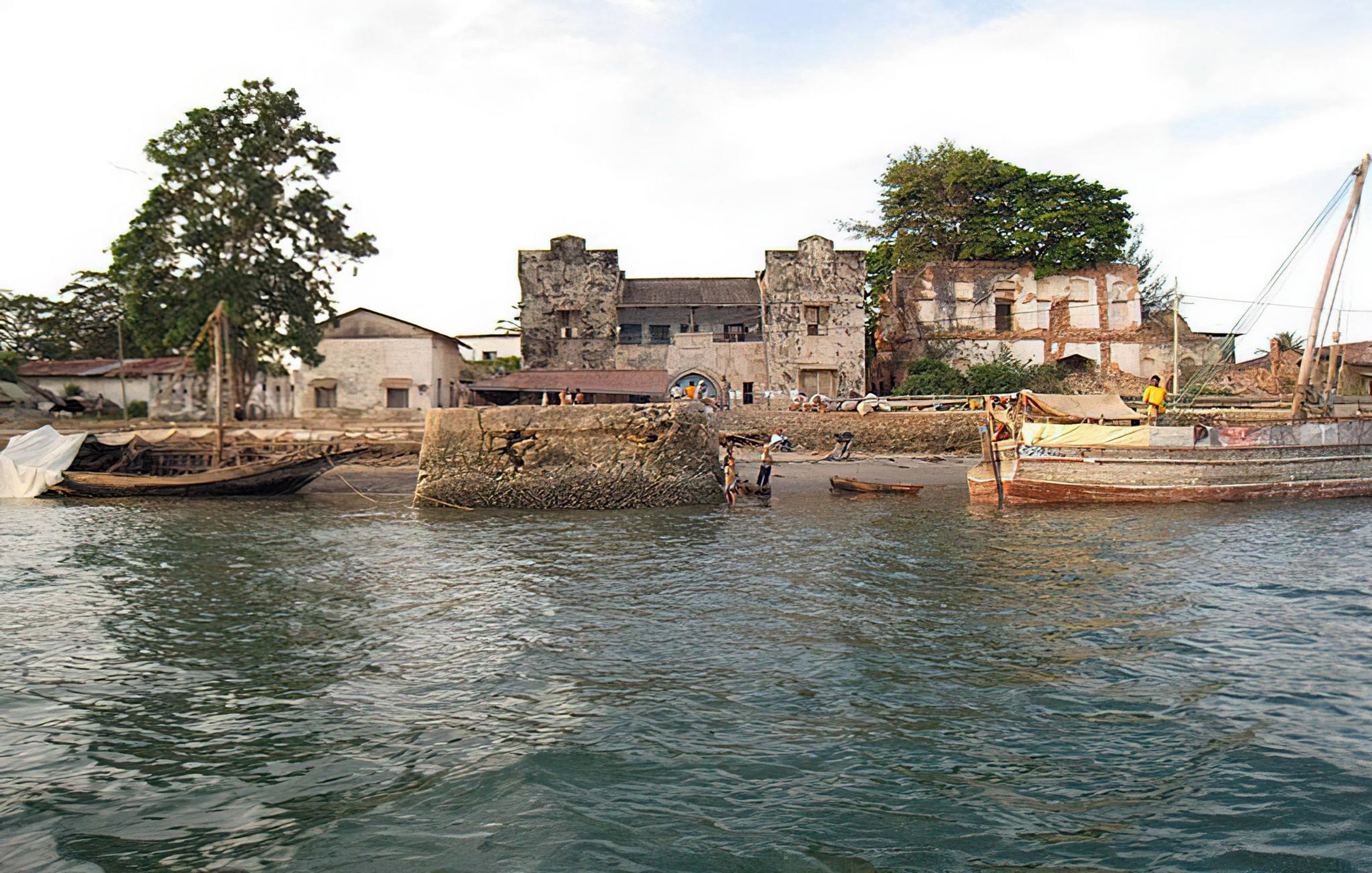Spend Your Dream Holidays
Pangani

Tucked along the Tanzanian coast, Pangani is a place where Swahili rhythms, Arabic influences, colonial echoes, and modern hospitality gracefully converge. This coastal gem invites travelers to step into a slower rhythm of life, where each breeze carries stories from centuries past.
Culture
Located just 55 km south of Tanga, Pangani was once a bustling dhow port and the final stop of the Lake Tanganyika caravan route. In its heyday, it was a major hub for the ivory and slave trade, thriving as one of the largest ports between Bagamoyo and Mombasa. The area also bore witness to the rise of sisal and copra plantations and the footsteps of European explorers on their way to the continent’s heart.
As Dar es Salaam and Tanga rose to prominence in the late 19th century, Pangani quietly slipped into the shadows. Today, its peaceful streets and weathered buildings offer a captivating window into the past, with a laid-back charm that lingers in the sea air.
Beach Bliss
Pangani’s beaches are a dreamy escape—quiet stretches of white sand framed by swaying palms, lush mangrove forests, and gentle rivers that wind into the sea. Offshore sandbanks shimmer like pearls in the sun, and vibrant coral reefs add splashes of color beneath the surface. The further south you go, the more pristine and untouched these coastal treasures become.
Local Life & Products
Far from the crowds, Pangani remains refreshingly authentic. Tourism is minimal, and most locals are deeply rooted in agriculture and fishing. This simplicity lends the town a genuine, unpolished beauty that enchants those who wander here.
Diving & Marine Magic
At the mouth of the Pangani River, where the waters from Kilimanjaro and Mount Meru meet the Indian Ocean, lies a vibrant underwater world. Here, endangered green turtles return to nest, and dazzling tropical fish dance through the coral reefs. The diving is pristine, the waters warm, and the silence beneath the surface unforgettable
